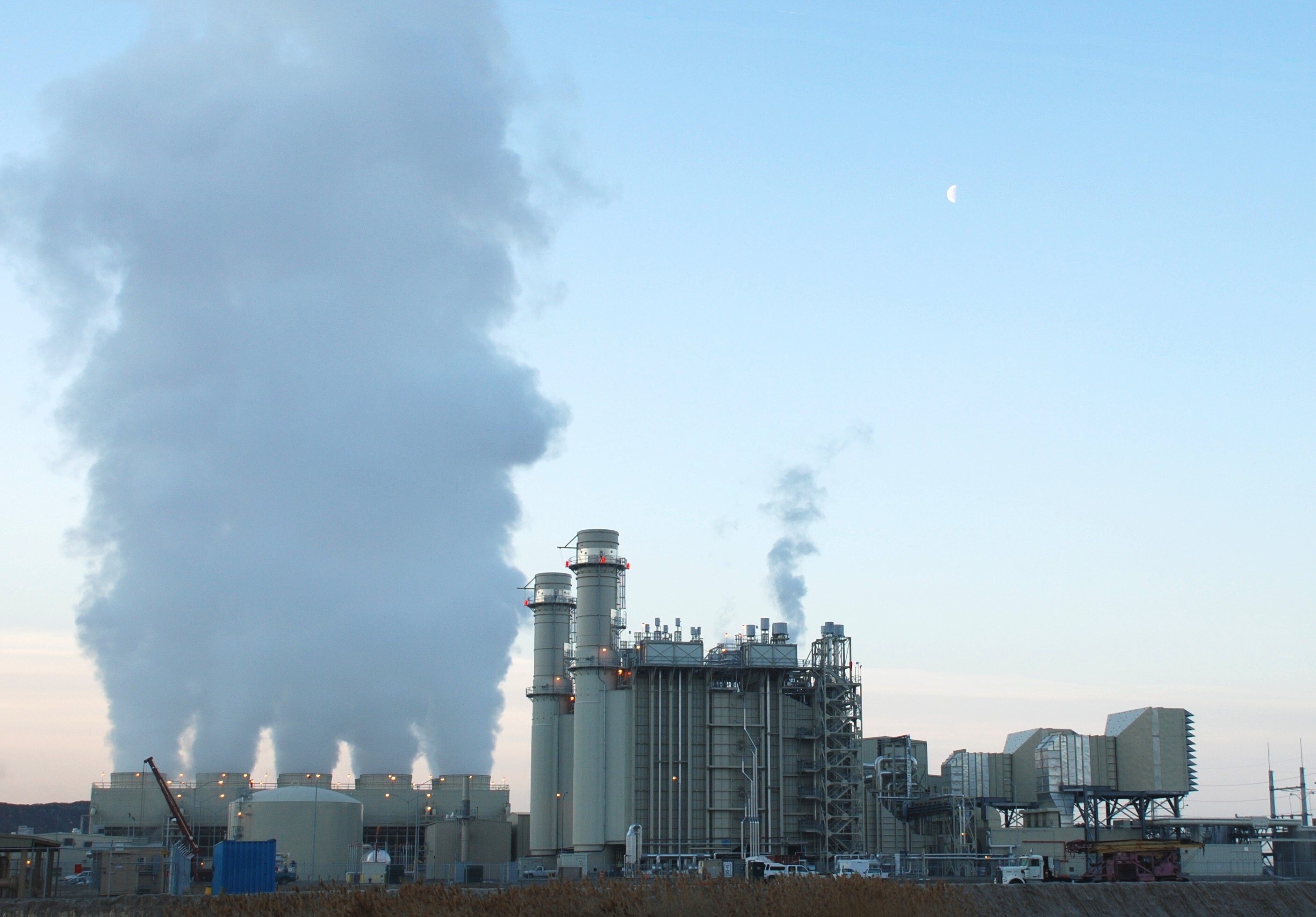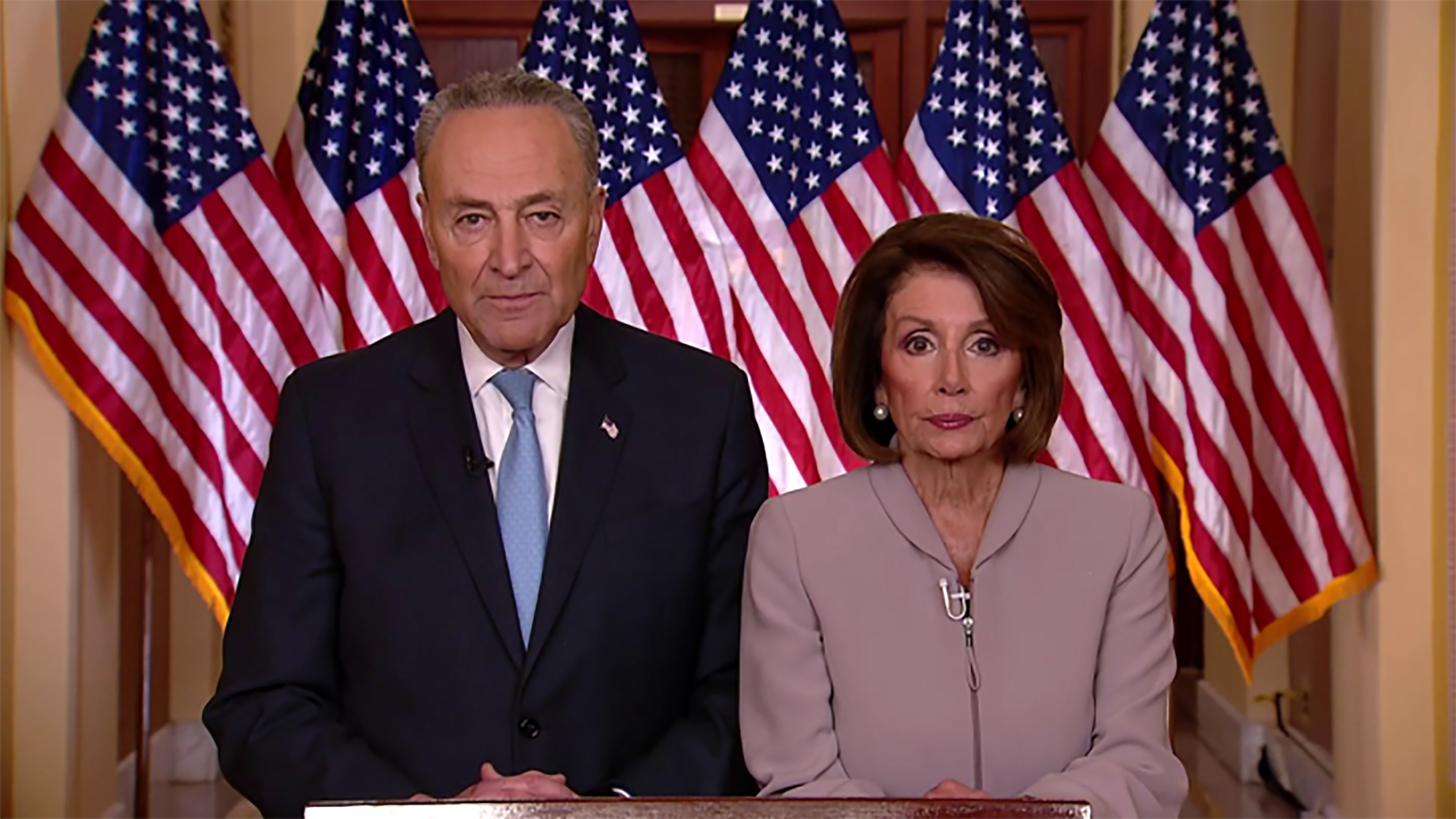 An
independent analysis of the CLEAN Future Act
(H.R. 1512) finds that its provisions intended to phase out
fossil-fueled electricity production by 2035 are dangerously flawed.
An
independent analysis of the CLEAN Future Act
(H.R. 1512) finds that its provisions intended to phase out
fossil-fueled electricity production by 2035 are dangerously flawed.
The so-called Clean Electricity Standard in Title II of the legislation establishes a cap-and-trade system of “zero-emission electricity” tradable credits for electricity generators. The cap of allowances for greenhouse-pollution-emitting electricity declines until 2035, when all electricity is meant to be “zero-emission,” a definition which encompasses renewable and nuclear energy.
In “Review of the Credit Trading System in Title II of the CLEAN Future Act,” Bruce Buckheit, a former director of the EPA Air Enforcement Division, finds that the system “is flawed to the point that it is unlikely to achieve zero emission electricity from the power sector by 2035.”
Specifically:
The CLEAN Future Act draft (dCFA) defers any serious disincentives for gas-fired generation until 2031 and then hopes to replace all of the growing gas-fired electric generating unit (EGU) fleet with renewable energy (RE) over a short 4-year period. This is not feasible and sets itself up for failure.
The starting baseline for “Zero Emission Electricity” (ZEE) requirements is based on the 2017-2019 generating mix. This ignores ongoing retirements of coal plants and RE capacity that is under construction today and will be online in 2023. The consequence is a large initial surplus of ZEE, disincentivizing necessary early investment in non-fossil fuel energy.
He expects that “gas-reliant regions, such as the Northeast U.S., might not have to take any significant action until 2031.”
Furthermore, Buckheit finds that the legislation as written doesn’t even require “zero-emission” electricity, but instead “permits generation at less than 0.4 mt (882 lb) CO2e/MWh.”
He also notes that, given regulatory timelines, the “trading system cannot begin to operate in 2023 as the draft bill contemplates.”
 A broad
coalition is asking the U.S. Congress to ensure any clean electricity
standard (CES) passed into law be a renewable standard, which includes
only renewable resources, particularly solar and wind energy, and
excludes natural gas, biomass, and new nuclear plants.
A broad
coalition is asking the U.S. Congress to ensure any clean electricity
standard (CES) passed into law be a renewable standard, which includes
only renewable resources, particularly solar and wind energy, and
excludes natural gas, biomass, and new nuclear plants.